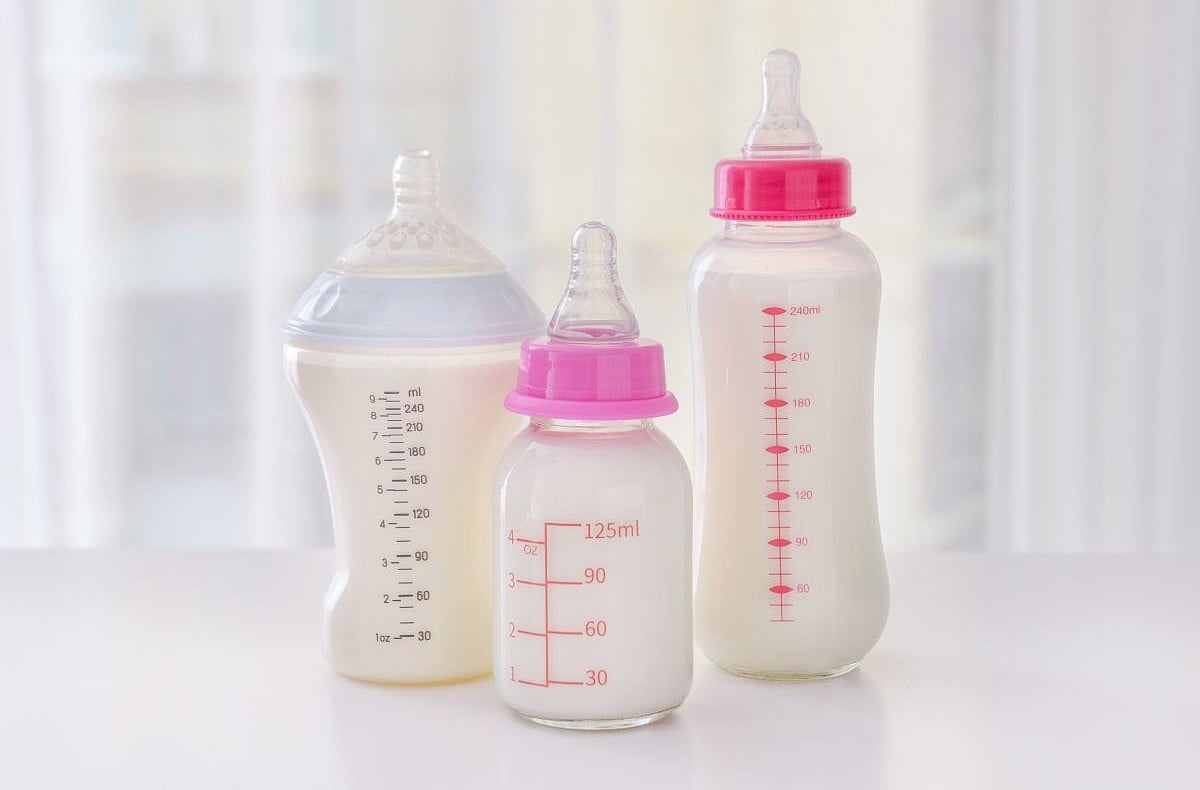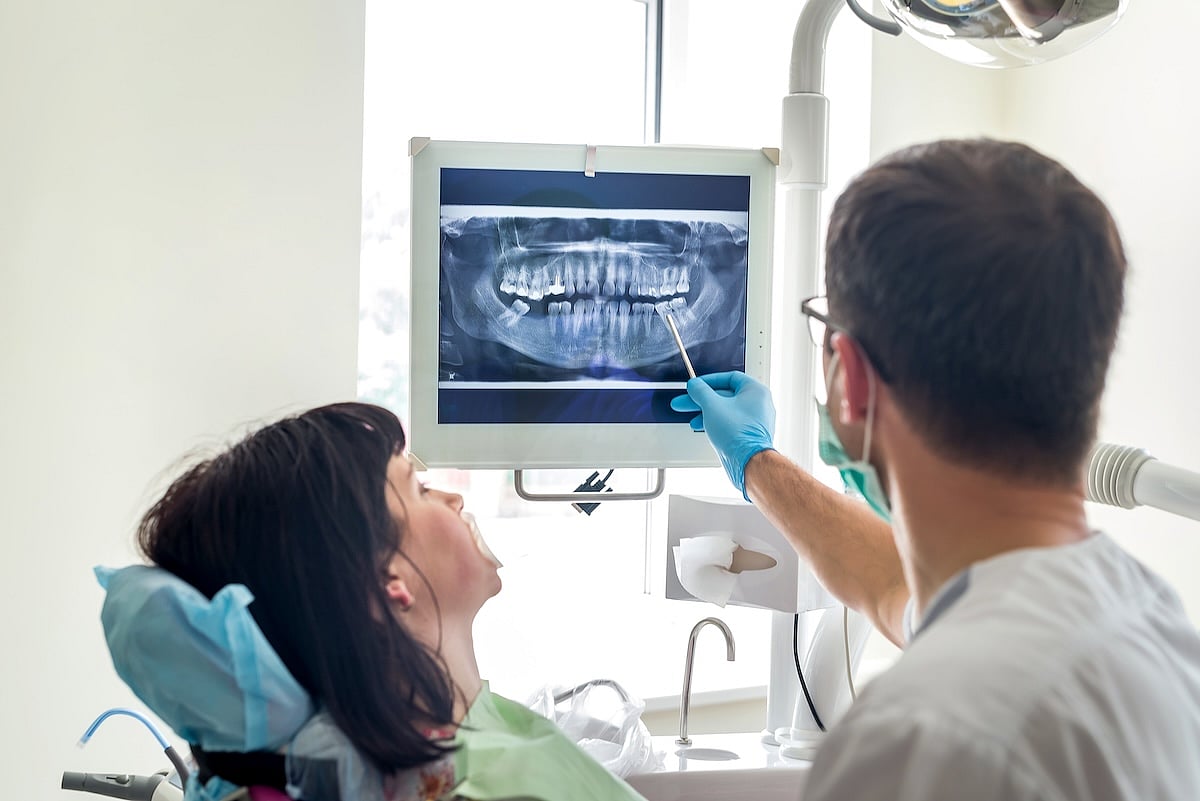We take our role in your health very seriously. Come in today to see how we can help.
The location of Bulloch's offers rich Cedar City history. The original building was built in 1881 and would become the Cedar Sheep Association Store. Here, members of the Sheep Co-Op turned in their sheep and land to the organization and in return, were able to draw from the store what they needed in the currency of supplies, food, and staples.
Another purpose of the store (the basement) was to distribute mutton (meat from a mature sheep) to the association members after processing at the slaughterhouse. Years later, the Co-Op closed, and the sheep and land were divided up among the stockholders.
When the Vickers family took over in 1996, the original Cedar Sheep Association insignia seemed to be a forgotten part of the building, as it had been covered by a canopy. Evan and Chris decided to have the sign uncovered, cleaned and put back on display where it remains visible today.
During the late 90’s, Chris’s father Terry was tasked with opening the wall between the original building and the building to the south to its current configuration. This building is currently the location of the boutique in Bulloch’s.
In 1917, a new building was built to the south of the original store with an archway opening between the two buildings. The upstairs of this building was occupied by doctors and served as the first hospital in Cedar City. The main floor became a store dealing mostly in clothing, dry goods, and other department store merchandise but in 1934 became the first drugstore, Thornton Drug. It was 1955 when it finally transitioned to Bulloch’s Drug.
Read more


















